HS-ESS3-4
Evaluate or refine a technological solution that reduces impacts of human activities on natural systems.
-
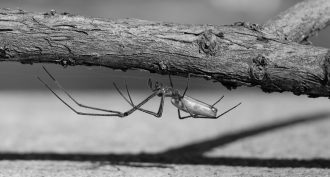 Environment
EnvironmentSpidey sense: Eight-legged pollution monitors
Spiders that prey on aquatic insects can serve as sentinels that naturally monitor banned chemicals that still pollute many rivers across the United States.
By Beth Mole -
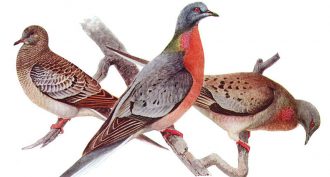 Earth
EarthComing: The sixth mass extinction?
Species are dying off at such a rapid rate — faster than at any other time in human existence — that many resources on which we depend may disappear.
-
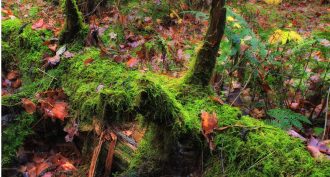 Microbes
MicrobesRecycling the dead
When things die, nature breaks them down through a process we know as rot. Without it, none of us would be here. Now, scientists are trying to better understand it so that they can use rot — preserving its role in feeding all living things.
-
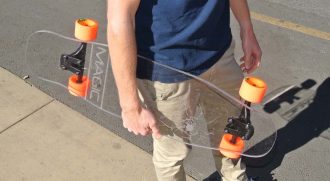 Chemistry
ChemistryChemistry: Green and clean
“Green” means environmentally friendly and sustainable. Green chemistry creates products and processes that are safer and cleaner — from the start.
-
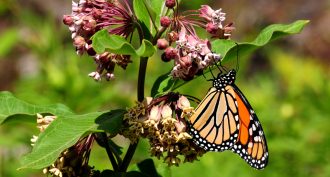 Animals
AnimalsSalted butterflies
The salt used on winter ice can alter the bodies of summer's butterflies. Males develop larger muscles and females get bigger brains.
-
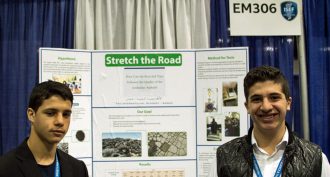 Tech
TechThe road less worn
Two teens have found a new use for old tires. By grinding them up and adding them to asphalt, the old rubber can create stronger, longer-lived roads. And the bonus: The process recycles tires that might otherwise have been burned, creating pollution.
By Sid Perkins -
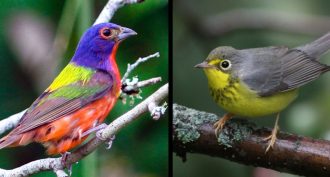 Animals
AnimalsBirds versus windows
Buildings in the United States can be deadly obstacles to flying birds. A new study estimates that as many as 1 billion birds die every year after colliding with windows. And low buildings — not skyscrapers — account for most of those deaths.
-
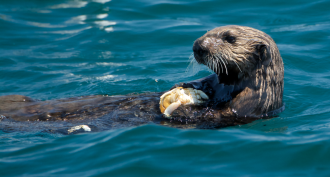 Animals
AnimalsExplainer: People can sicken animals
Wildlife can sometimes become infected with germs shed by people.
-
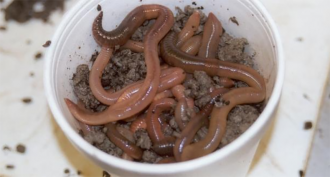 Animals
AnimalsTiny earthworms’ big impact
Invasive earthworms change North American landscapes, for better or worse.
-

-
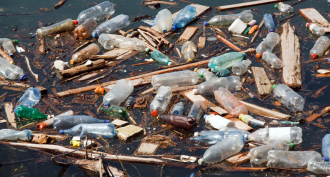
-
 Health & Medicine
Health & MedicineSunlight worsens jet pollution
Chemical reactions caused by the sun’s rays worsen air pollution from idling jets at airports.